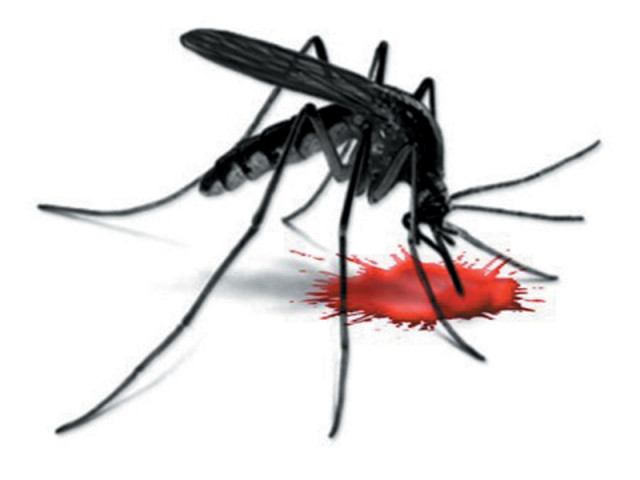Dengue: Bio-larvicides provide effective control
EPD secy says excessive use of chemicals could lead to loss of biodiversity.

Environment Protection Department (EPD) Secretary Saeed Wahla, said on Friday, that the department would use all of its resources to eradicate dengue breeding sites in the province.
He added that special teams had been formed which would operate in all the districts of the province.
The meeting was held at the EPD head office to discuss ideas and information about efforts underway to eradicate the dengue virus.
The secretary briefed the meeting participants about the spread of the dengue virus in the province in 2011.
Dr Aramis Martinez Arias, a vector-born disease consultant at Labiofam and a programme coordinator at the Zambian National Larviciding, Cuba, delivered a lecture on the significance of bio-larvicides and shared his experience of dengue control in Sri Lanka, Vietnam and several African and South American nations. Research has proved that bio-larvicides are a very useful technique in controlling vector-borne disease, Dr Arias said.
Bio-larvicides are extracts from plant leaves, herbal oils or strains of bacteria with no harmful effects on the environment and human health that are used to eradicate pests and vectors.
Dr Arias said research had shown that many bacillus strains were useful against various species of mosquitoes and also found them environmentally benign.
One of these Bacillus Thurengiensis var Idraelensis (Bti) H-14 is effective against all mosquitoes in general, he added.
Wahla told Dr Arias that special squads headed by deputy directors had been formed to chalk out a dengue control and management plan.
These squads, he said, conducted routine visits to identify potential breeding sites.
Wahla said the EPD had not considered the use of only chemical insecticides as a solution.
Rather, he said, an integrated approach of using chemicals, employing biological measures and above all taking environmental control into consideration would ensure positive outcomes without jeopardising human health or the environment.
He said excessive use of chemicals to control the virus had led to the loss of biodiversity in many cases.
Published in The Express Tribune, April 7th, 2012.



















COMMENTS
Comments are moderated and generally will be posted if they are on-topic and not abusive.
For more information, please see our Comments FAQ